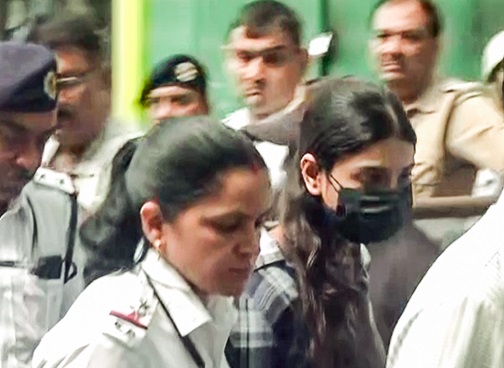
208 Pakistani Nationals in Telangana Ordered to Leave by April 27
In line with the central government’s recent decisions, the Telangana government has directed all Pakistani nationals residing in the state to leave India by April 27. The move follows the revocation of visas issued to Pakistani citizens, amid escalating diplomatic tensions between India and Pakistan.
State Director General of Police Dr. Jitender announced that all existing valid visas issued to Pakistani nationals will stand revoked from April 27. Medical visas will remain valid until April 29. However, visas granted under the Long Term Visa (LTV) category, as well as diplomatic and official visas, are excluded from this revocation.
Additionally, the Attari border crossing will remain open for Pakistani citizens to exit India until April 30. Officials have warned that failure to comply with the new deadlines could result in legal consequences.
Pakistani Nationals Predominantly in Hyderabad
According to the latest figures, Telangana hosts 208 Pakistani nationals, the majority of whom are residing in Hyderabad. The breakdown of these individuals includes:
-
156 Pakistani nationals holding Long Term Visas, typically issued to those married to Indian citizens or having familial links in India.
-
12 individuals possessing short-term visas.
-
39 nationals holding medical or business visas.
Currently, there are no Pakistani nationals in Telangana holding SAARC visas, which are usually granted to officials, journalists, and athletes traveling for regional cooperation events.
Police Launch Verification Drive
In response to the directive, Telangana police have launched a verification drive to ensure that all Pakistani nationals comply with visa norms and exit the country within the stipulated time frame. Authorities have intensified monitoring to detect any cases of visa overstay or violations.
The government has emphasized the importance of adhering strictly to immigration regulations and has reiterated that any breach will attract strict legal action. This move is part of broader national efforts to tighten security measures and regulate cross-border movements in the wake of rising bilateral tensions.


















